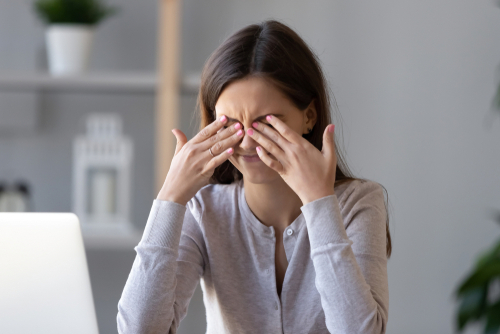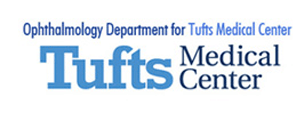
Dry eye syndrome, or chronic dry eye, is a common condition that can affect a variety of different people. Sometimes, dry eye is situational and temporary.
Other times, it’s a chronic condition brought on by a predisposition. With a condition like dry eye syndrome, it’s important to figure out what’s causing it.
If you have dry eye, take a look at these common causes and ask yourself if any may apply to you. Keep in mind that only an eye care professional can diagnose dry eye.
You can help in diagnosis and treatment explaining what the cause of your condition might be. Keep reading to learn more about what may be causing your dry eyes!
Age
Dry eye is more common in those that are older. As you age, it becomes harder to produce enough moisture in your tears.
Dry eye is especially common in older women. Part of this is because they tend to go through more chemical changes as they age due to menopause.
Hormonal Changes
Speaking of menopause, dry eye can also be triggered by all kinds of hormonal changes, especially in women. This includes puberty, pregnancy, and going on or off birth control.
In these cases, the condition may improve in time as the body adjusts to the chemical changes in the body. But doctors may also recommend treatment. This may be in the form of over-the-counter eye drops to ease symptoms.
Environment
Sometimes a trigger for dry eye can be a hot or dry climate. If you’ve recently moved to a drier area, you may experience dry eye while your body adjusts.
You may also be more likely to have dry eye in the summer. This becomes more feasible if you’re spending a lot of time outside without sunglasses.
If your environment is causing your dry eye, your doctor may recommend you use a humidifier at home. Whether you have dry eyes or not, you should always wear protection.
This should happen when it’s sunny, as well as when it’s cloudy. Make sure you have a hat or sunglasses to keep your eyes safe.
Nutritional Deficiency
Lacking certain vitamins, especially Omega-3 fatty acids, may affect your tear production. These nutrients are vital in maintaining good health and good eye health.
Dehydration can also make it harder for your eyes to produce quality tears and may contribute to dry eye. Make sure you’re drinking enough water to keep your eyes and body healthy.
Taking nutritional supplements like flaxseed or fish oil may help your dry eye. The best way to absorb these nutrients is through your food, as your body does it more efficiently.
Surgery
Dry eye is very common following eye surgery, especially if you’re already predisposed to it. Experiencing dry eye after surgery is easy to treat with over-the-counter eye drops.
You’ll also have prescribed antibiotic and anti-inflammatory eye medication. You can reduce your risk for developing dry eye after surgery by being evaluated for it before surgery.
This is something that most eye surgeons do. If properly treated before surgery, post-surgical symptoms can be minimized.
Medications
A variety of medications can trigger dry eye. These include birth control, hormone replacement therapy, antidepressants, allergy medication, and acne medication.
Any medication that can affect your hormones may cause dry eye as a side effect. In these cases, artificial tears, supplements, and other treatments can help reduce your symptoms.
Ready to tackle your dry eye symptoms? Schedule an appointment at New England Eye Center in Boston, MA today!




